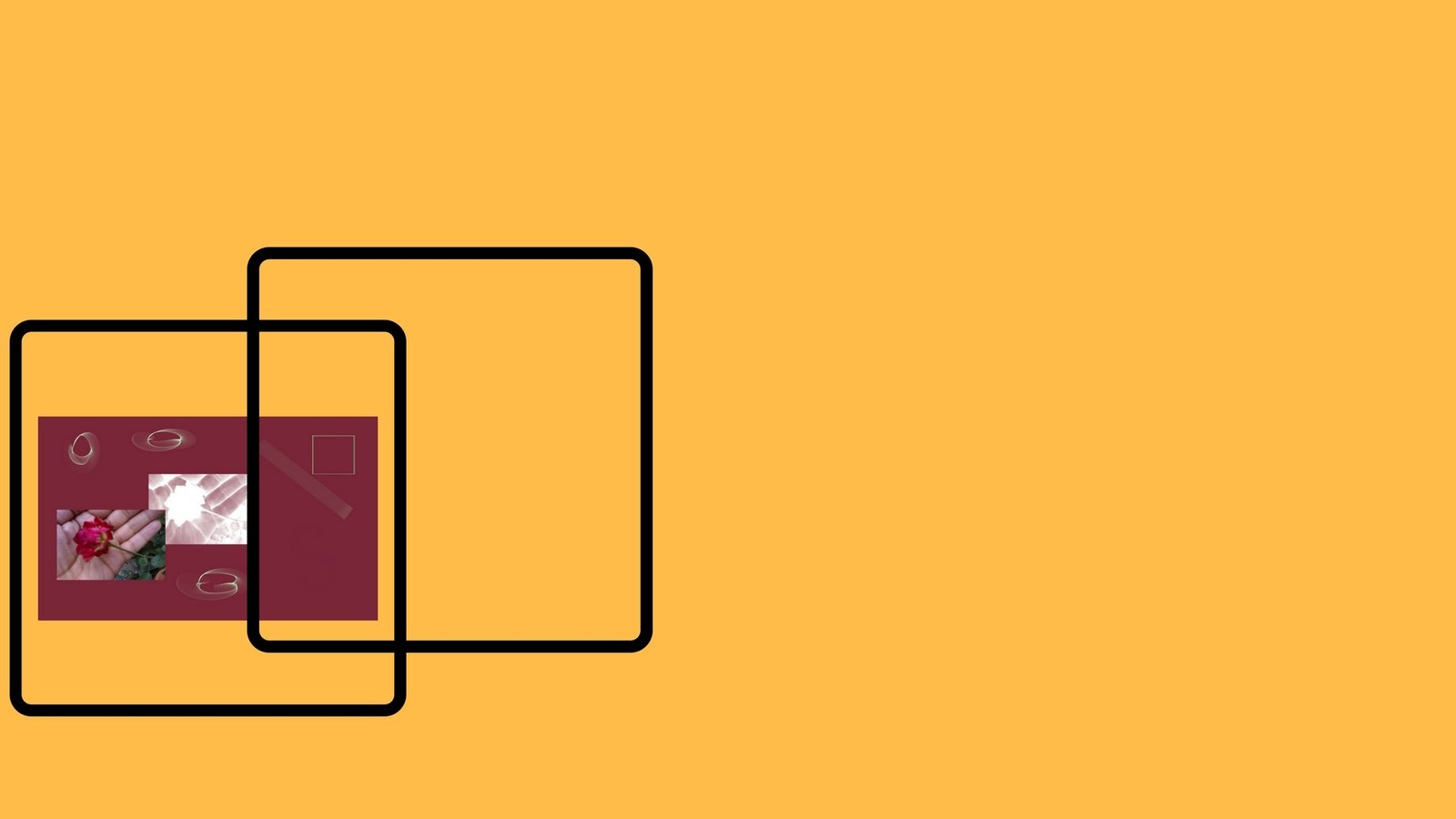By the mind one understands. By an excess of the same mind, one misunderstands.
How does one escape the tendency to be unsteadied by the extreme of a habit? For as is one’s occupation, so one becomes proficient. The great discovery since the developments of the sciences has been the tendency toward the mind, even to the preoccupation with thought. Philosophy too became interested in finding the secrets to life and all existence by targeting the mind, being entrapped by the same mind to the exclusion of the heart. And as this descent continued, the human mind built around it a barrier to exclude also the prodding of the spirit or of the conscience. So much so, that we sought to find all of the person in the brain itself, though it is common knowledge that the brain itself sits atop a stem, joining it to the spine. The spine runs through the length of the back and sends its tentacles through the human body. However, to limit all of the human being or even animal life to simply those physical components is to absolutely detach from the powerful forces within, and without.
Despite all the convincing arguments, all the explanations, if all life is simply a physical manifestation, then the very devotion to the mind that seeks to understand has led it to a misunderstanding. No, we mustn’t misunderstand. Too far has the human mind ventured into the intellect, poisoning the sciences and the philosophies, and even the sacred content of religion. We have misunderstood – perhaps, with great deliberation – the glory of our existence.
All the mechanical inventions and mechanization of human thought serve a purpose. It gives us insight into the workings of our world, and how life itself is happening. It takes a special kind of skill to have such insight and then put it to productive use. Great admiration is due to every worker with hand who sees such mechanical creativity in nature and seeks to replicate it for a practical purpose.

The great mastery of Leonardo da Vinci immediately comes to mind. And yet the great painter, sculptor, architect, inventor, military engineer and draftsman is said to have uttered the words:
While I thought that I was learning how to live, I have been learning how to die.
Taken by itself that quote cannot sum up a life consumed by inquisitiveness and creativity. As one finds the understanding that led to the views espoused by Renaissance humanism, one finds as in da Vinci himself, the smooth coworking of the arts and sciences. The detaching of the arts from science, specializing them into disciplines has no doubt given rise to great developments, but it has also taken away from the pleasure of being a truly universal learner. The simple necessity of mastering one very specific skill or field of interest for the purpose of gaining expertize has its drawbacks. The most obvious drawback is how human competitiveness necessitates the excessive reliance on the mind. After a period of time, since accomplishment is so closely tied to learning, memorizing, and possibly innovating, the mind somehow emerges as the foremost instrument. No longer is one inclined to give into the passion of the heart to seek and create. So much is consumed by the ideas of presentation and imagery and how one idea stands next to the other in a marketplace of ideas.
To return to the pleasure of living, the mind must make way for the heart and the spirit. Or there is the truly great danger of the person becoming heartless and dispirited, mechanical as it were. We will be looking at life the wrong way, but hopefully, some would no more!

